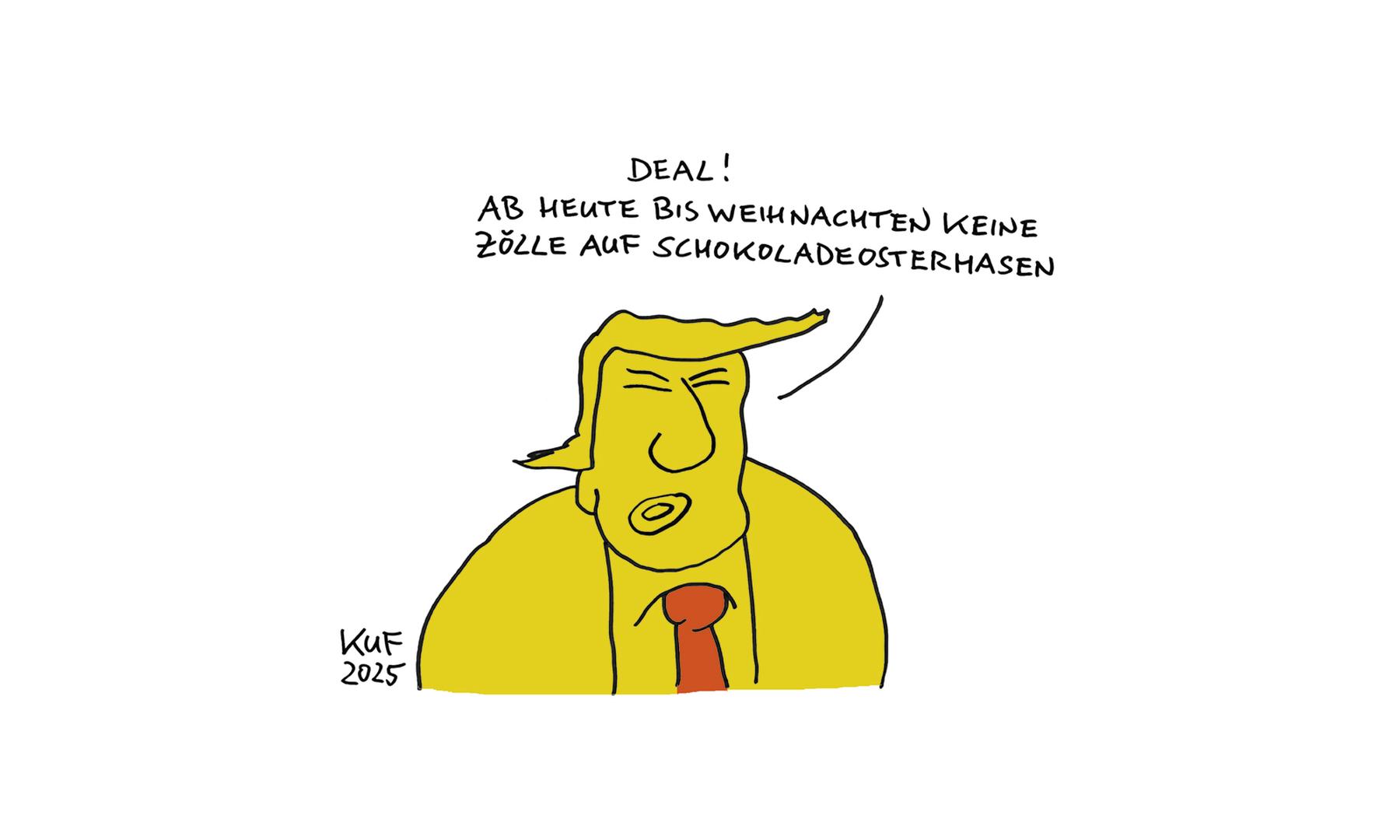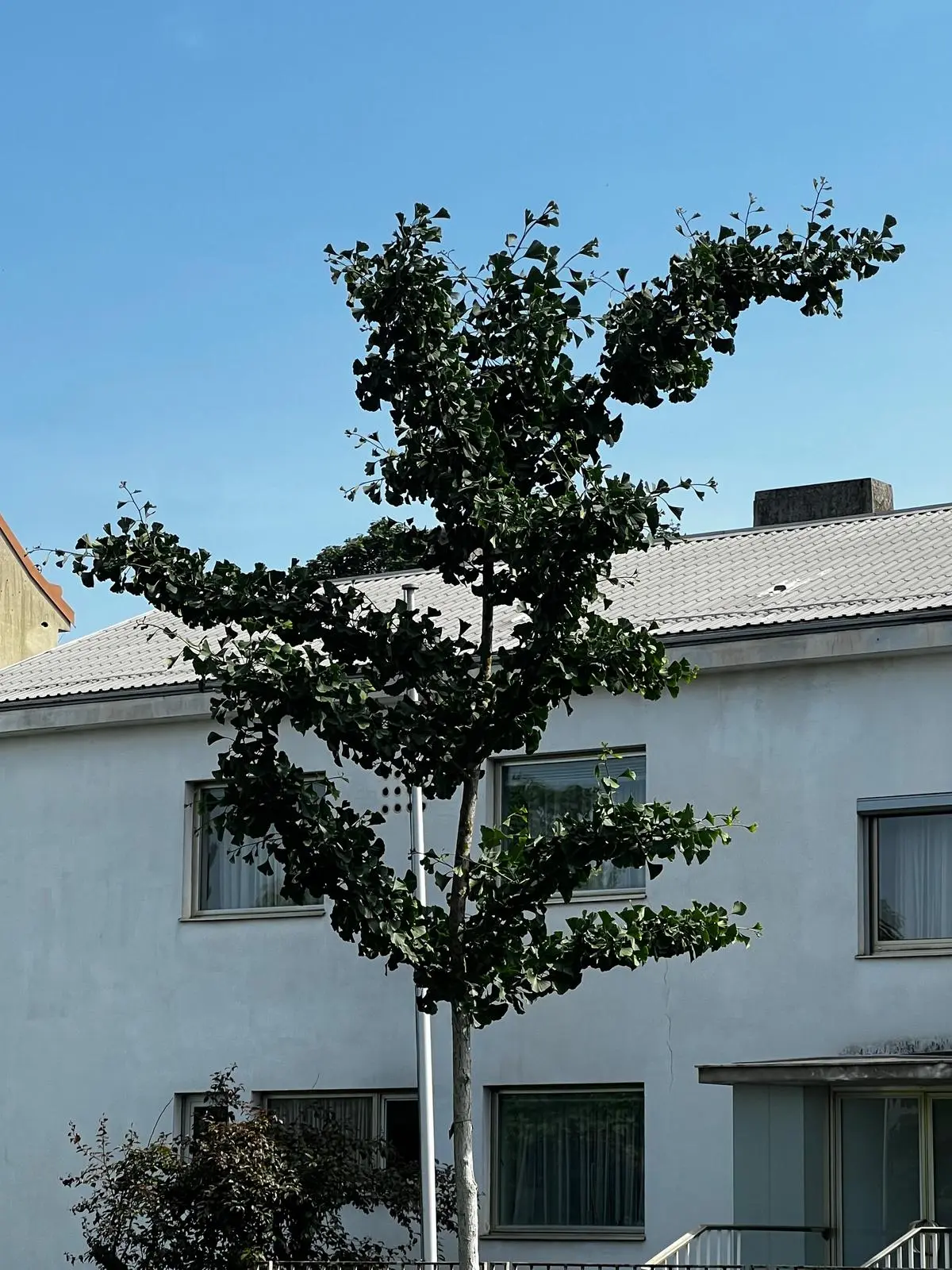How to deal with Trump – Diepresse.com

Austrian companies must now be open to changes and toast transformations carefully.
There is only one constant in the life of a company – constant adaptation or downfall. US President Donald Trump’s economic policy has sparked a dynamic that will dampen growth worldwide. In 2026 at the latest, it will be shown who can take opportunities and who will go under.
Guest comments and contributions of external authors do not have to correspond to the opinion of the editorial team.
Despite the recent departure from higher tariffs – which is to be understood as a grace period – the economic policy of the United States will manifest itself in corporate balance sheets during the year. The dynamics of the past few weeks have shown that it is difficult to predict developments over the next few months.
As a company, however, you can prepare if you understand Donald Trump’s principles of economic policy: disruption and deals. As a result of these principles, the economy creates its own principle, for which some companies are good, others are less prepared: distribution.
What do these principles mean for domestic companies? The answer lies in the ability to adapt, to act strategically and to recognize and use opportunities in the middle of challenges. Too many and too fast adjustments also cover your own risks. Over the next three years, it will be shown who is a winner and who is in the new economic environment as a loser.
GEwinner of the new order
By definition, disruption is a force that breaks out existing structures. This can promote innovations and open up new markets – but without durability and reliability as a counterweight, there is a risk of disorder.
Austrian companies must now be open to changes and toast transformations with care, but at the same time maintain stability. The key is in a balanced approach: Innovation must not take place at all costs and at any costs, but must be strategically embedded.
Not all companies will be affected by Donald Trump equally. Especially those who act globally and concentrate on markets such as Asia, the Middle East, Africa or Latin America could benefit from the geo -economic upheavals.
Good cards for niche players
Niche players – for example in environmental technology, mechanical engineering or automation – also have good cards. These industries have already developed a competitive advantage through specialization and innovative strength.
Another advantage is companies that have solid balance sheets. Anyone who has built financial reserves in recent years will be better equipped to survive the upcoming turbulence. This financial strength will be crucial to react flexibly to market changes.
An economic slowdown is emerging this year. Companies are faced with the challenge of controlling costs and developing new products and services at the same time. The respective initial situation of the companies and their ability to adapt will decide on success or failure.
Companies that can keep up with the pace of change without stumbling, remaining flexible and adapting their strategies – such companies can be strengthened from the crisis.
However, it is also clear: it will be tight for some companies. Even before the new customs policy of the United States, bankruptcies have increased for 2025. A development that is fueled by the new economic framework and especially applies to export -oriented industries.
Deals as a lifeline
The disruption initiated this year will employ the economy and companies over the course of the year. Companies will initiate transformations, adapt to the new circumstances – or to start the next year weakly and disappear.
The year 2026 will be in the sign of takeovers and mergers. Good companies that have a strong capital base and have actively initiated changes will buy those companies that have strong products or services, but are financially struck and have not set the course to assert themselves in the new framework conditions. These deals in turn offer an opportunity to expand and strengthen your own portfolio.
For Austrian companies, this means that you have to act proactively: optimize your own company financially, identify potential takeover candidates and enter into strategic partnerships. This phase requires foresight and negotiating skills.
STabilization by adaptation
The global economy will have adapted to the new circumstances by 2027 – albeit at a slightly below average growth level. Disruption is replaced by adaptation; New structures will be established.
Europe and the United States will have agreed on a justification of tariffs that are justifiable for both sides. Europe is increasingly moving into energy from the United States, while European companies will expand their production capacities in the United States. At the same time, possible geopolitical shifts – such as an attempt by the United States under Trump to distract Russia from China – could create new dynamics.
Four fields of action
How can domestic companies actively design this change? The answer extends over four fields of action.
First: Diversification of sales markets. Companies should open up new markets, deepen existing niches and reduce the dependence on individual markets.
Second: Consequent cost management through automation and digitization. Efficiency increases will be important in order to maintain competitiveness.
Third: Proactive financing strategies. Promotional discussions with banks and investors should now be held, not only when liquidity becomes scarce. Strengthening the equity base should be a priority.
Fourth: Strategic acquisitions and extensions. The crisis will offer opportunities to strengthen your own portfolio through targeted acquisitions or sub -sales and improve product offers.
Trump’s logic penetrate
Trump’s economic policy may seem unpredictable. If you penetrate the underlying logic, uncertainties become opportunities. Through the strategic foresight, financial and structural course and the willingness to change, you can navigate through the current phase of disruption, avoid distress and result in strengthened deals.
The author
Bernhard Engel Is Managing Director at Alvarez & Marsal Austria & CEE with a focus on Deals Advisory, Financial Services and Transformation. A&M has the headquarters in New York and advises customers worldwide.








